The impact of adaptation measures in Urban Heat Islands

A Reflection by CMCC Foundation – REMHI Division Climate change, heat waves & the Urban Heat Island effect The impacts of climate changes are expected to be highly different according to geographical areas, local features and socio-economic conditions, affecting, in a remarkable way, the poorest countries and needier sections of the population. It is now […]
The first global migration pact to include measures to cope with climate change
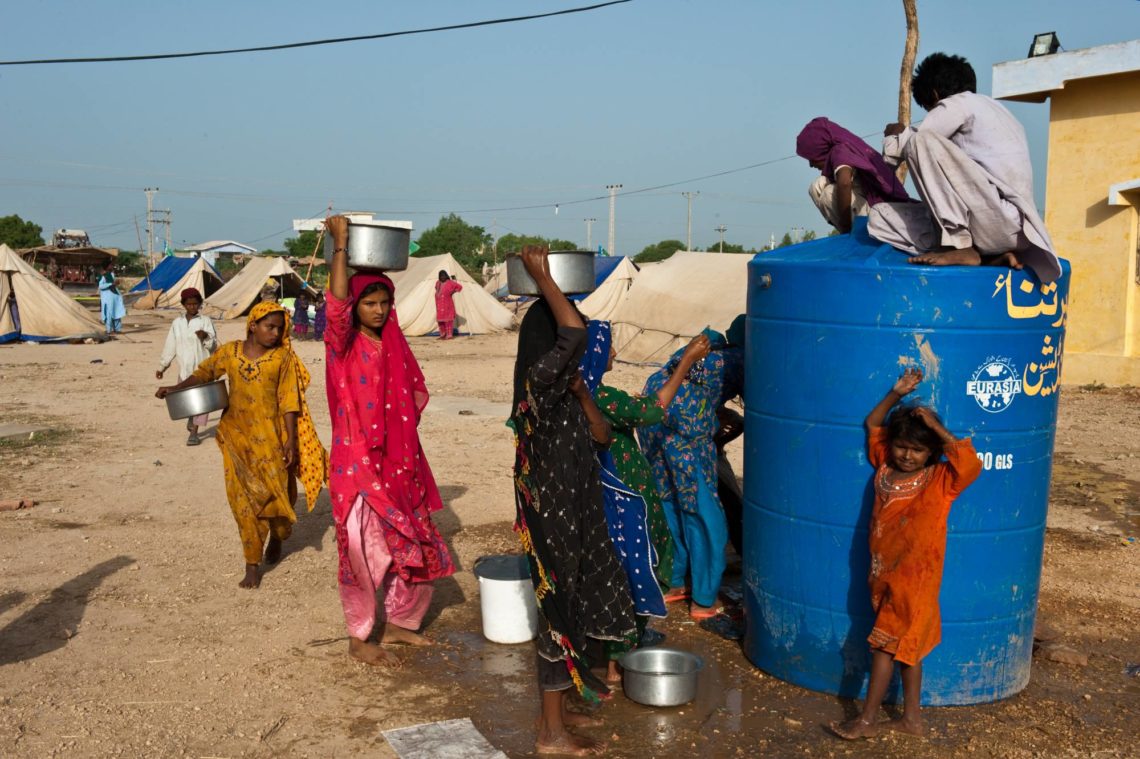
The United Nations in July finalized the text that will form the basis for the first-ever global migration pact, recognizing climate change as a cause for migration. Also known as GCM, the Global Compact For Safe, Orderly and Regular Migration, will cover all dimensions of international migration “in a holistic and comprehensive manner”, addressing, among […]
The new Atlantis: how climate change endangers our Internet network
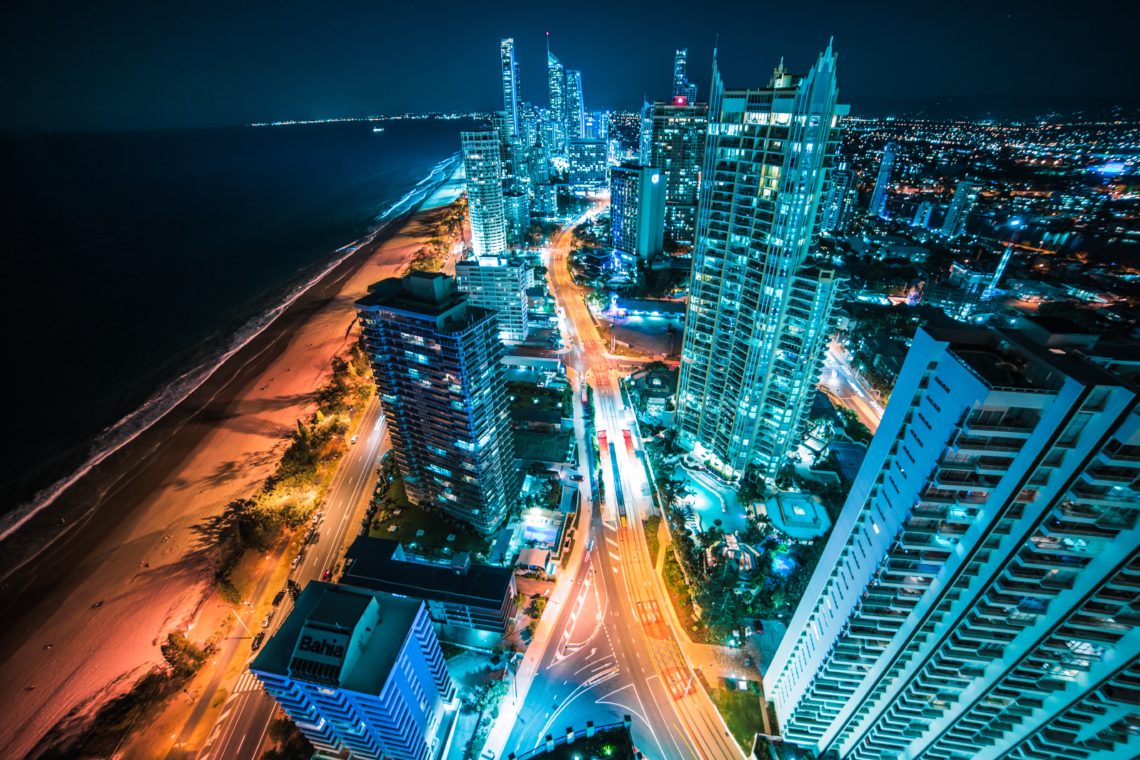
Climate change – related sea level incursions could have a devastating impact on Internet communication infrastructure even in the relatively short term. A risk assessment to highlight the threats to the management and operations of communications systems and develop mitigation strategies designed to minimize the impacts on coastal areas.
Low carbon economy can generate millions of new jobs
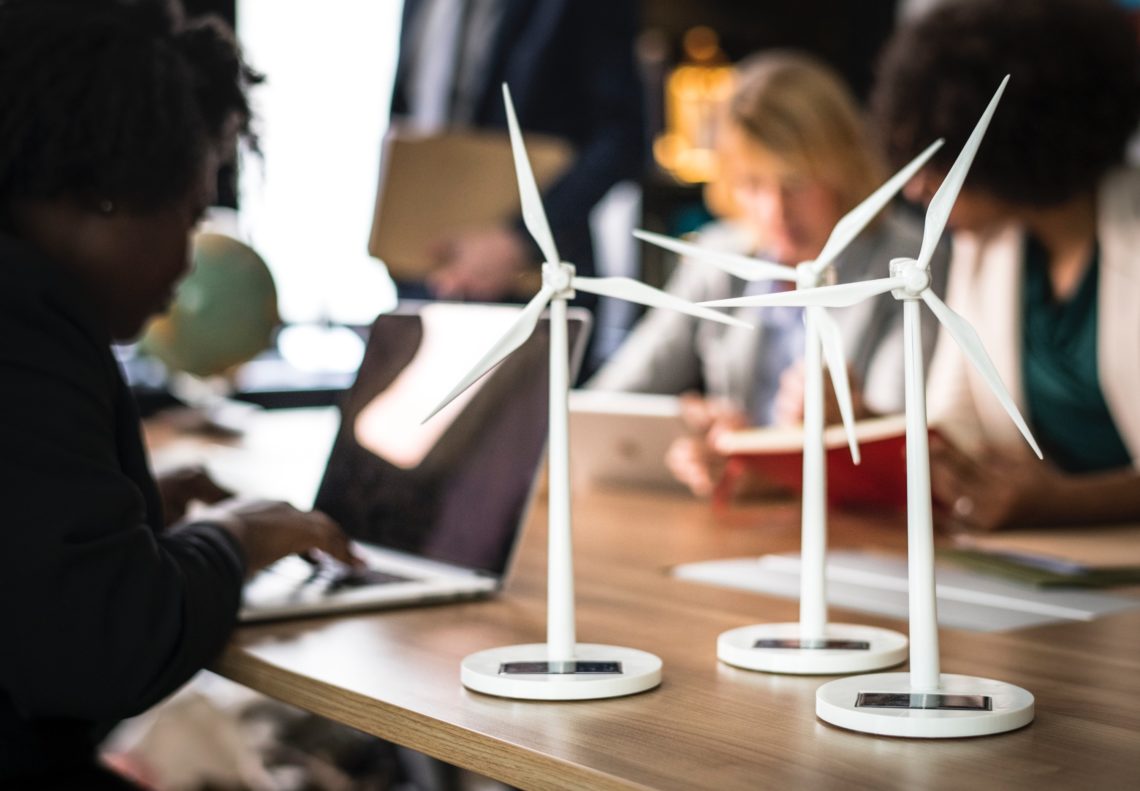
Twenty-four million new jobs will be created globally by 2030 if the right policies to promote a greener economy are put in place, a new report by the International Labor Organization (ILO) estimates. According to the ILO flagship study (World Employment and Social Outlook 2018), climate change mitigation measures will inevitably cause job losses in […]
Global Risks Report 2018: insights and trends
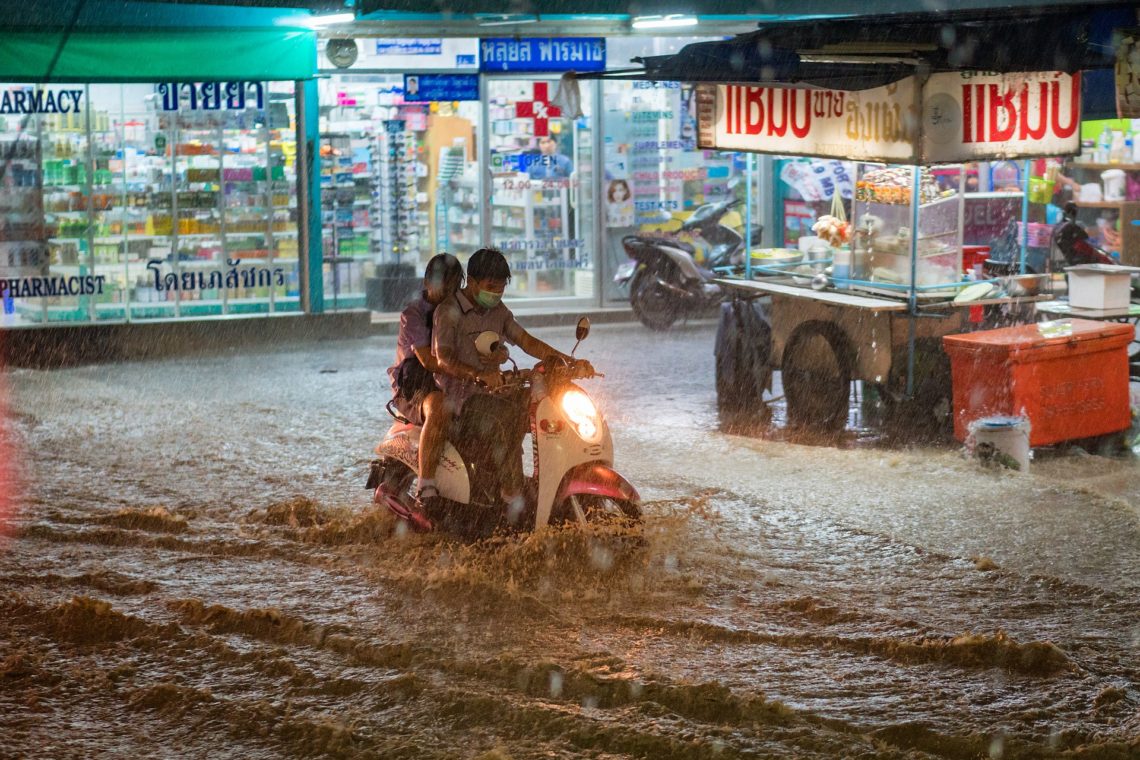
Environmental threats dominates the landscape depicted by the Global Risks Report 2018, the latest report released by the World Economic Forum (WEF). The 2018 edition of the annual WEF flagship publication lists extreme weather events, natural disasters and failure to implement sufficient climate change mitigation and adaptation among the five threats most likely to occur […]
Putting out the blaze: Wildfire risk management begins well before fire season
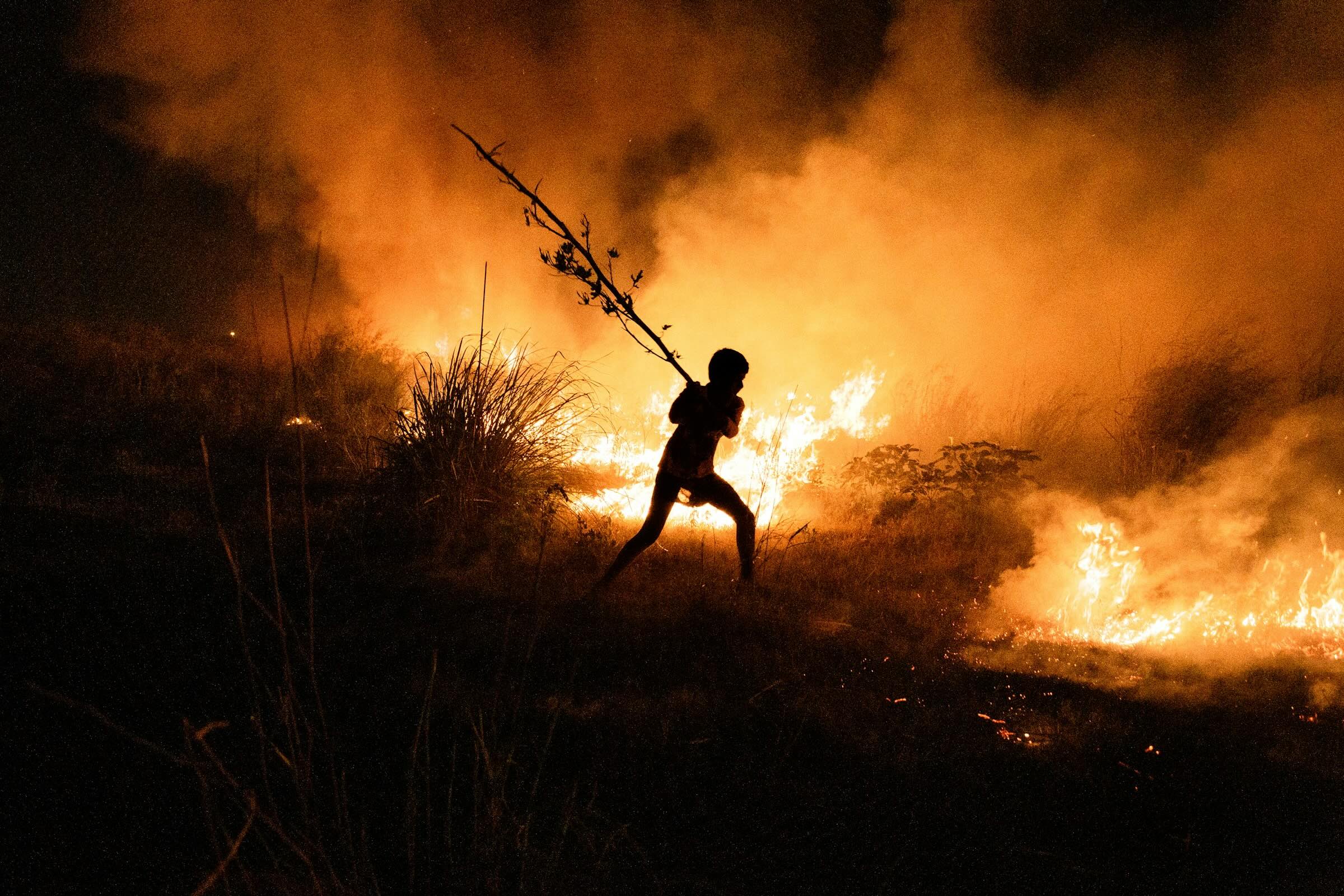
As of July 2025, almost 300,000 hectares of forest – an area larger than Luxembourg – has gone up in flames in Europe. What is more, the number of wildfire events could increase by 50% globally by the end of the century due to a combination of changes in climate and land use and management. These threats will tend to concentrate in hotspots such as the Mediterranean, where over 80% of European wildfires occur and which experienced upwards of 2.5 billion euros in wildfire related damages in 2022 alone.
CoastPredict: Coastal science at the heart of global transformation
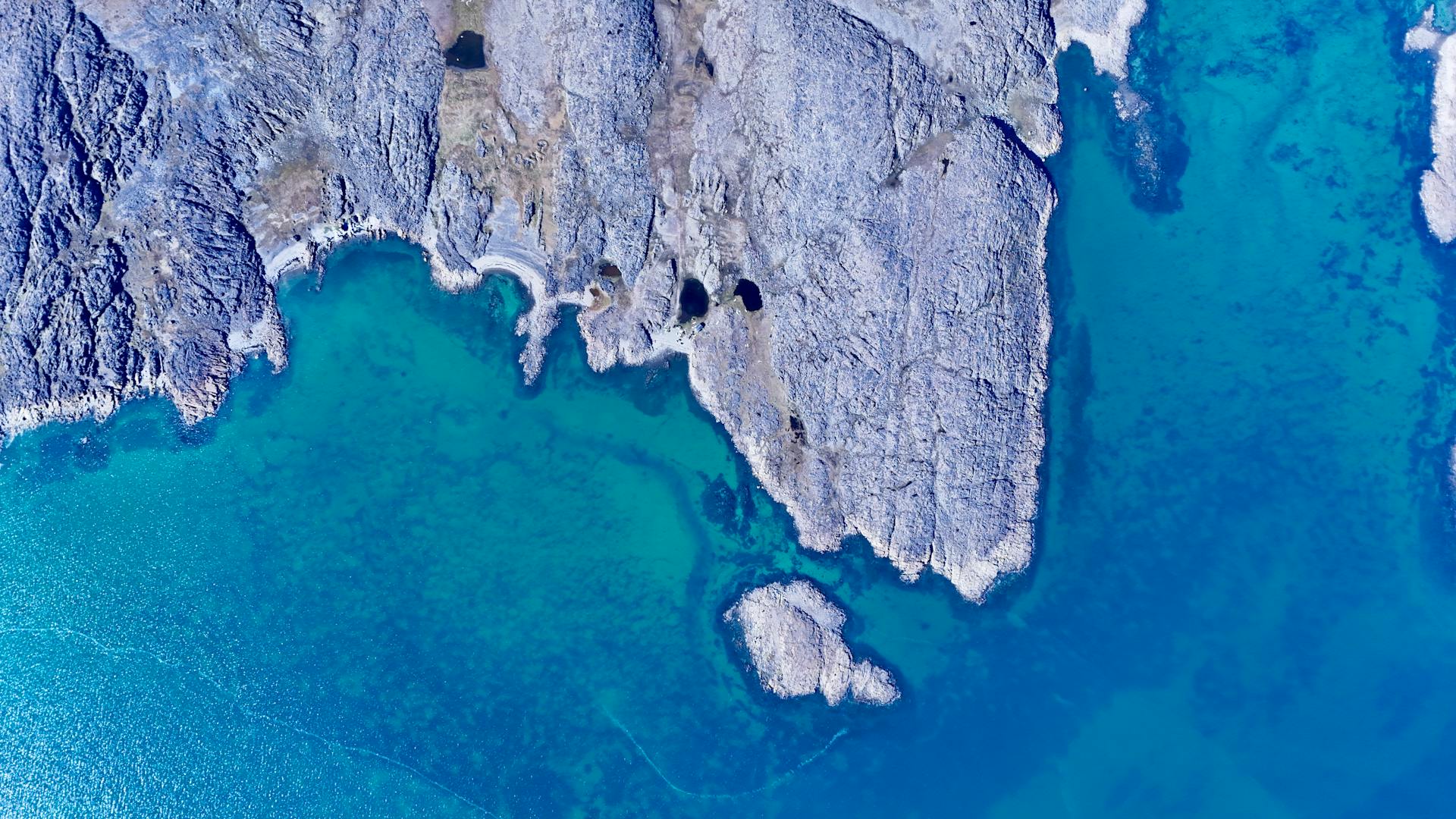
Oceans play a central role in the climate system and the way they interact with coastlines leads to both great opportunities and some of the most pressing hazards concerning climate scientists. “Rising sea levels, intensifying storms, marine pollution, and coastal erosion highlight the need to improve our understanding of coastal systems and our ability to manage risks effectively,” says CMCC Strategy Council member and co-chair of CoastPredict, Nadia Pinardi.
Brick by brick: A multi-dimensional approach to protecting public property

Climate scientists worked together with state property administrators and technicians towards understanding and assessing key climate hazards for buildings in Italy. A one-of-its-kind collaboration, it resulted in a step-by-step methodology to support efforts in evaluating the impacts of climate change on built heritage. The process involved examining prevalent tools in architectural and urban design, analyzing common policy frameworks, and exploring emerging trends at the community level.
More comfort, less carbon: Climate resilient housing in the Global South

The Global South is both home to over 75% of the world’s urban population and at the same time urbanizing faster than anywhere else in the world. “Building low carbon, climate resilient and affordable housing is therefore a priority if we are to meet climate goals in these areas,” says Building Science expert and Professor at Hiroshima University, Tetsu Kubota.
Telling stories of climate resilience
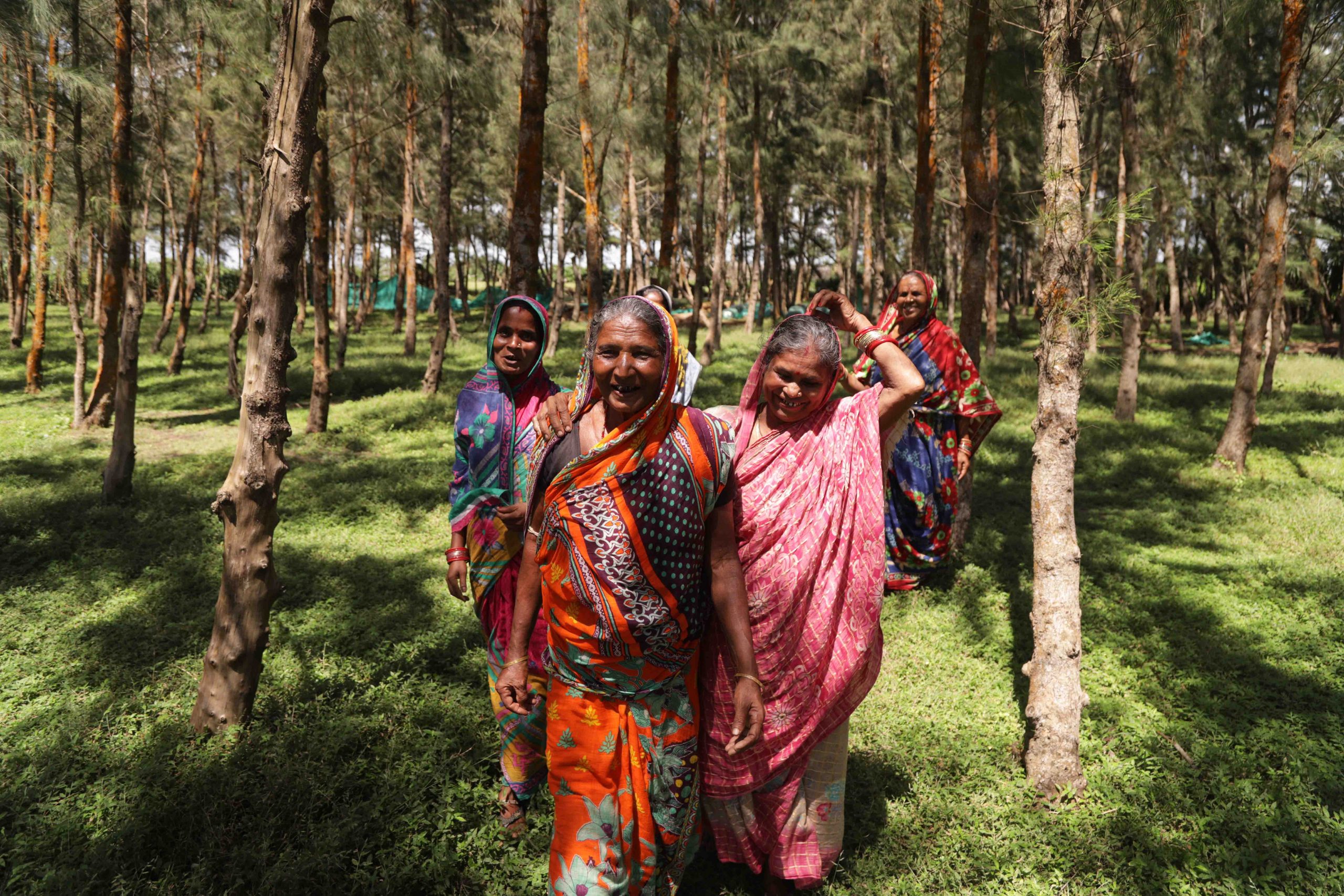
”It was clear that our narrative had to present climate change as a problem with solutions. That’s where the idea of humanising climate risks through stories of resilience came together.” Faces of Climate Resilience, the winner of the 2023 CMCC Award, is a compelling short-documentary series showcasing the voices of individuals in some of India’s most climate-vulnerable regions. In an interview with creative producer Milan George Jacob, we discuss storytelling as a tool for effective, people-focused climate communication.
COP28 | NADIA PINARDI. An integrated observing and forecasting system for the global coastal ocean
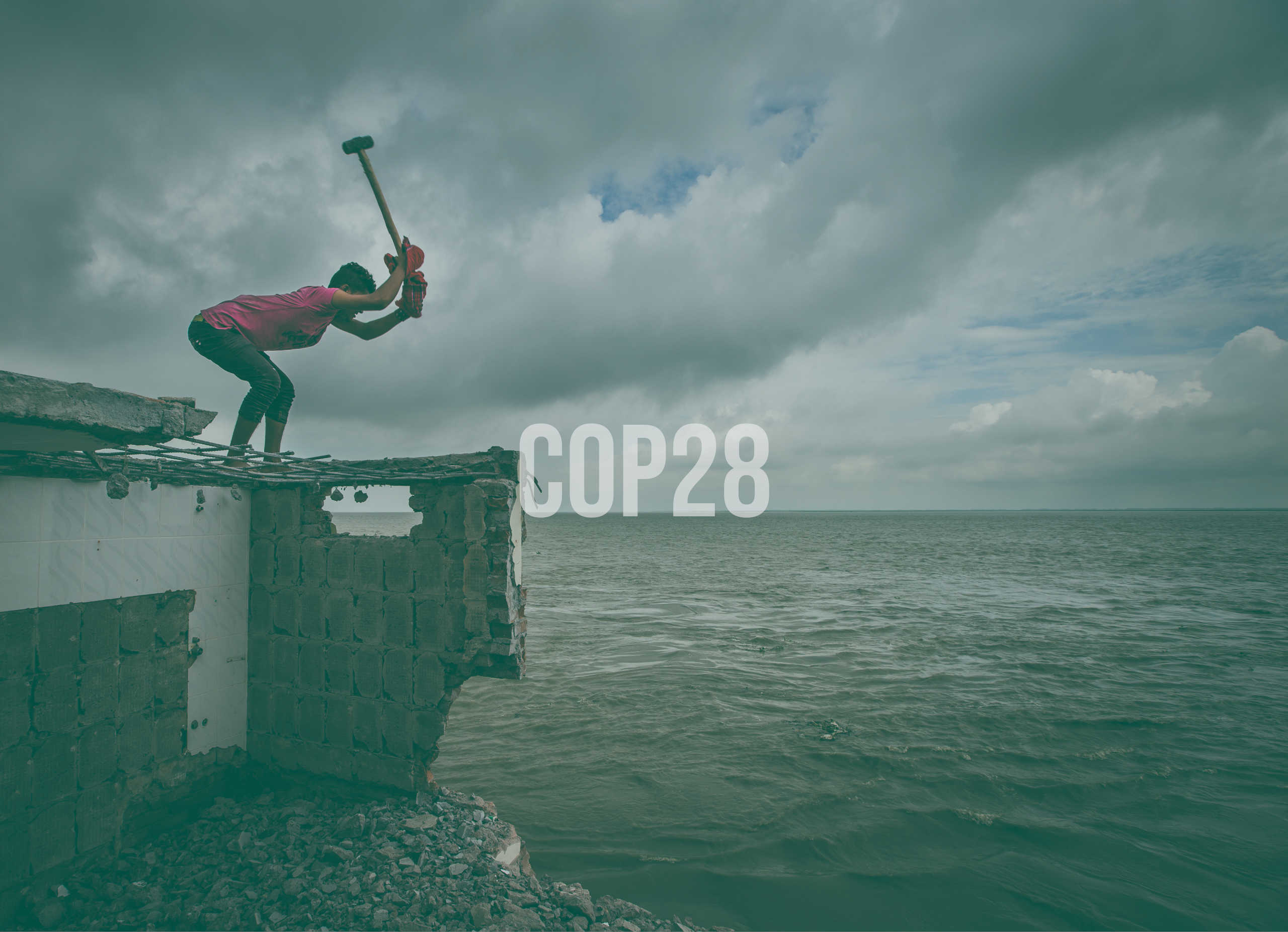
The impacts of climate change on the ocean are driving more frequent and intense extreme events at our coasts. International initiatives such as the United Nations Early Warning For All and the Global Ocean Observing System’s CoastPredict aim to revolutionize access to improved early warnings.
Figures and visuals: A story of the wildfire season
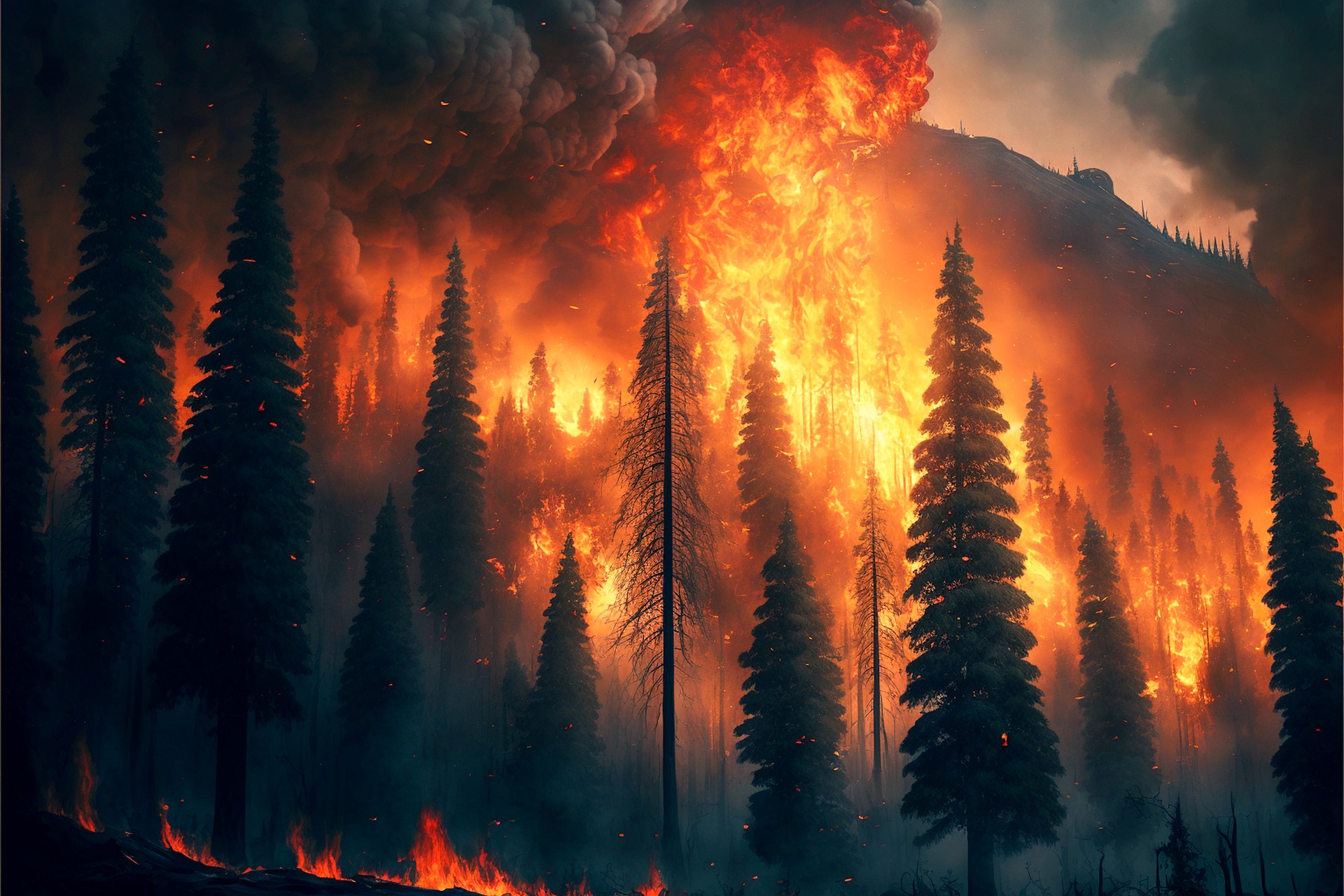
A summary and collection of visual aids that help us better understand the true extent of the 2023 wildfire season in the Northern Hemisphere.
